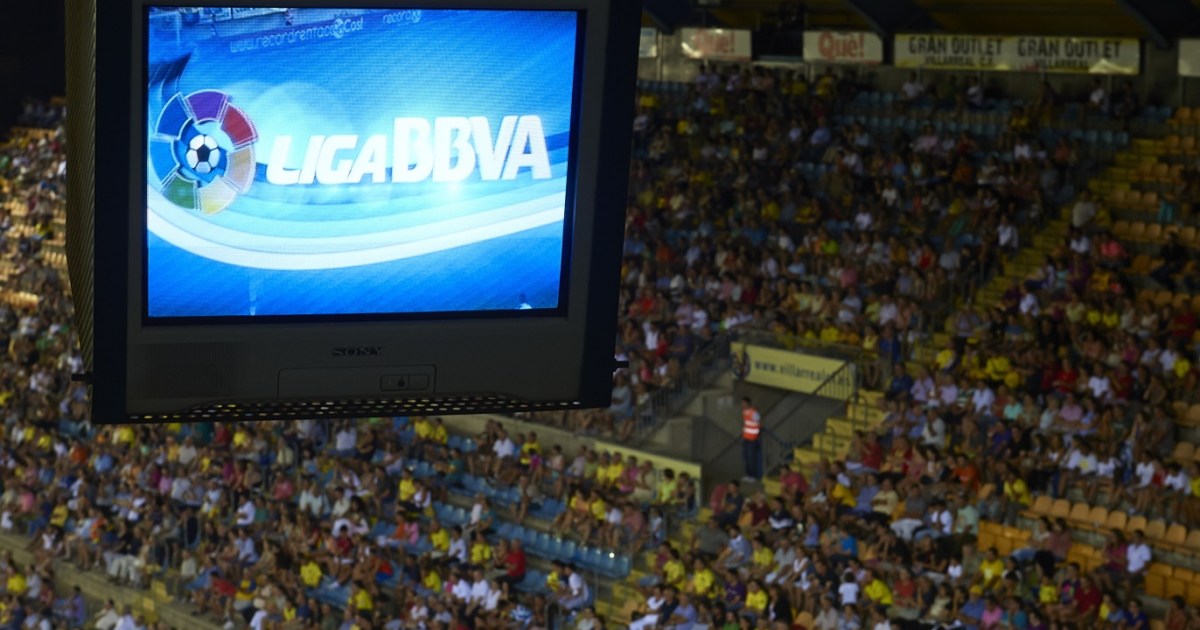Although it will inject billions of dollars into the Spanish Football League, whose clubs have been badly affected by the repercussions of the Corona virus, the Federation rejected a huge investment deal between an American company and the League.
The union justified the refusal that the deal "increases inequality" and may affect the future of the competition.
The League said last week that private equity firm CVC would pump 2.7 billion euros into the league for 10% of the profits and a share of the same proportion of most of the league's business, with 90% of the money going to clubs.
The association added that this deal, called "La Liga Support", will strengthen the clubs' strength and give them money to spend on new infrastructure and modernization projects, in addition to increasing the money spent on players' salaries.
"The Spanish Federation is aware of the various complaints and comments made by clubs in the first and second divisions against this agreement, so it is strongly opposed to it," the Spanish Federation said - in a statement that irritated Javier Tebas, president of the League.
"The most important point is that this agreement will increase inequality and will make the proper development of the format of the Spanish football competition fundamentally impossible," he added.
In a strong tweet on his Twitter account, Tebas said that the Spanish Federation had not properly studied the proposed “CVC” deal, and was quick to criticize the League, despite its silence towards the separatist European Super League.
Tebas added, "Finally and after a long wait, the RFEF issued a statement regarding the European Super League... No! About a project that is eliminating Spanish football, they didn't say anything.. Of course, they don't fail to attack the Spanish League. The instructions must be obeyed. Even if they don't Study the project.
Real Madrid said - on Tuesday - that it would file a civil and criminal case against Tebas and Javier de Jaime Gujarro, president of CVC, in connection with their proposed deal.
Barcelona also opposed the deal, and Joan Laporta, president of the Catalan club, said that the deal is a "mortgage of the club's rights for the next 50 years."
He said that he would reject it, even though the deal would have contributed to alleviating Barca's financial problems and allowing him to renew the contract of his captain, Lionel Messi, who had already moved to Paris Saint-Germain.

